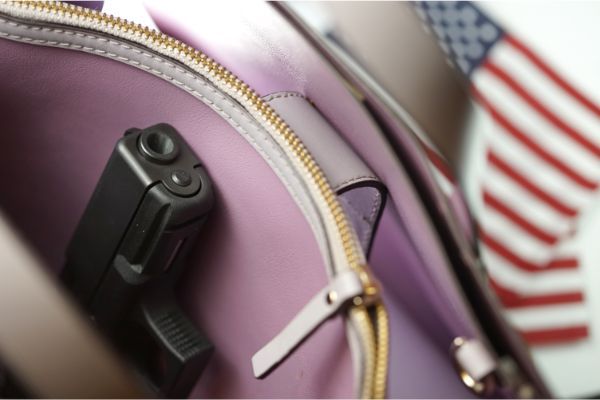Whether you have a concealed carry license or a regular carry license, you should be aware of what to do if a police officer pulls you over on a traffic stop. Otherwise, you put yourself in a potentially dangerous situation, as the officers may assume that you are attempting to shoot them by reaching for a handgun that you didn’t disclose to them.
Texas does have rules in place for drivers who are legally carrying handguns in their vehicles when police pull them over. According to the Texas Handgun License manual, drivers typically should hand the officer not only their drivers’ licenses, but also their handgun licenses. As a practical matter, drivers also should not show or brandish the weapon at the police officer, or even reach toward the console or glove compartment to show the officer where the gun is stored. If insurance information is in the glove compartment, as well, drivers should advise the officer of that fact before retrieving the insurance information.

Since handgun license information is tied in with driver’s license information in the State of Texas, officers who pull up the drivers in their computer systems also should see that the individuals are licensed to carry handguns. Nonetheless, during a handgun, you always should keep your hands in sight, preferably on the steering wheel, make no quick movements, and never reach for your gun. A police officer has the right to disarm you during a traffic stop; if the officer wishes to do so, advise him or her of the location of the gun and follow the instructions from there.
When it comes to long guns and rifles, however, or drivers who are legally transporting guns without a license, they are under no obligation to disclose the guns to police during a traffic stop. An experienced Texas criminal defense attorney can help you build a strong defense against any criminal charges. We are here to evaluate the facts surrounding your case and explore your options. We then can help you make the decisions that are mostly like to be beneficial to you, based on your situation. Contact Peek Law Group at (512) 359-3362 today and see how we can help.

